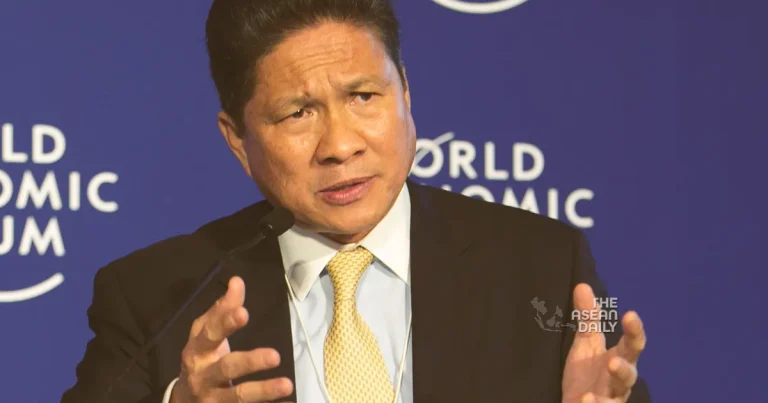29-5-2024 (PHNOM PENH) In a bid to diversify its sources of foreign direct investment (FDI) and curb its economic reliance on China, Cambodia is actively courting Japanese investors, according to Deputy Prime Minister Sun Chanthol. On the sidelines of the Nikkei Future of Asia forum last Thursday, Chanthol emphasized the Southeast Asian nation’s desire to broaden its investment horizons as it pushes to become a regional manufacturing hub.
Currently, around two-thirds of all investment capital in Cambodia originates from China, a reality that has prompted the government to explore alternative avenues to reduce its economic dependence on a single source. “Cambodia must diversify investment into the nation beyond its reliance on China alone,” Chanthol asserted.
Attracting Japanese investment is a key component of this strategy, with the deputy prime minister revealing that the government has established a dedicated task force to accelerate value-added tax refunds for Japanese companies operating in the country. This move comes in response to concerns from some Japanese firms regarding the pace of the refund process.
“We’d like to see a Japanese company that has a factory for the electronics, electrical or automotive [industries],” Chanthol stated, underlining the sectors of particular interest to Cambodia. “It will help Cambodia achieve its vision of becoming a high-income country by 2050.”
While Japanese investment in Cambodia remains modest, notable examples include MinebeaMitsumi, a Japanese parts supplier that established operations in the country in 2011, producing motors, smartphone components, and other products. The company recently announced plans to invest 32 billion yen (approximately $214 million) in a new Cambodian plant, signaling its commitment to the market.
Chanthol, a former minister of public works and transport, emphasized the broader benefits of attracting foreign investment, citing the potential for “know-how, technology transfer, and good corporate governance” that can contribute significantly to the development of local companies and foster a more robust and competitive business environment.
Despite the government’s efforts to diversify its investment sources, China’s influence in Cambodia remains substantial. Chanthol acknowledged Beijing’s role in supporting the country’s development, particularly during the COVID-19 pandemic when “no one offered us any vaccine at all… but China came forward with millions of doses to give.”
He further noted Cambodia’s reliance on Chinese backing for crucial infrastructure projects, such as the $1 billion Siem Reap-Angkor International Airport and the strategically located Ream Naval Base near the Gulf of Thailand. “We never reject any support from any Western country or Japan …You cannot blame us for reliance on China alone,” Chanthol remarked, alluding to the nation’s hunger for resources to build roads, bridges, schools, hospitals, and other essential infrastructure.




